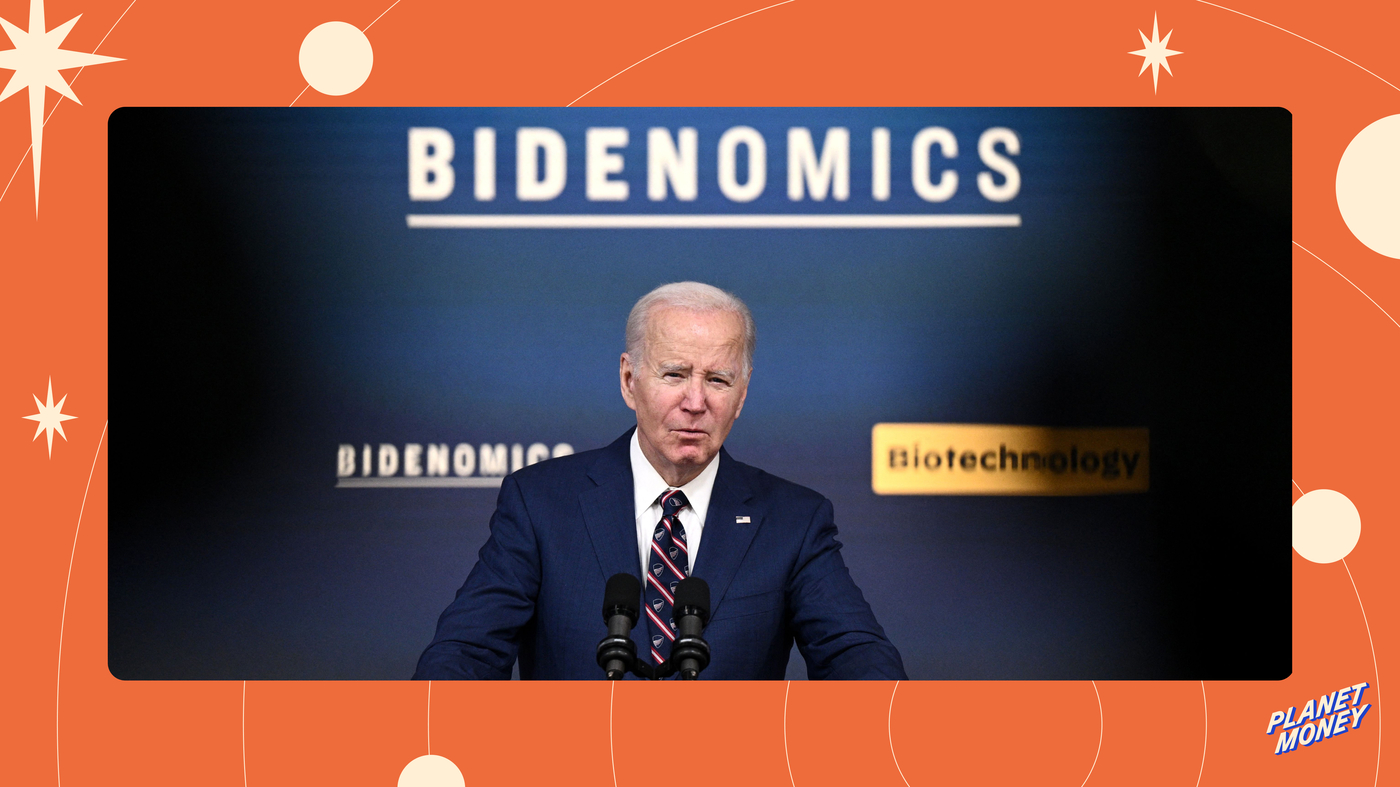
Réka Juhász is a professor of economics at the University of British Columbia, and she studies what’s known as industrial policy.
That’s the general term for whenever the government tries to promote specific sectors of the economy. Industrial policy used to be pretty popular — countries thought they could supercharge economic growth by giving money to certain kinds of businesses, or by putting up trade barriers to protect certain industries.
But since the 1980s, industrial policy has largely fallen out of favor among policymakers. Among economists, it’s been called a “taboo” subject, and “one of the most toxic phrases” in economics. The mainstream view has become that industrial policy is inefficient, even harmful — that governments shouldn’t try to mess with what the economy produces, because that will just waste money or prop up bad businesses.

But in the past several years, countries have started to embrace industrial policy in big and public ways. Most notably: the United States. Right now, under President Biden, the U.S. is set to spend hundreds of billions of dollars on industrial policy, to fund things like microchip manufacturing and clean energy investments. It is one of the most ambitious tests of industrial policy in U.S. history. And the billion dollar question is … will it work?
On today’s show, Réka takes us on a fun, nerdy journey to explain the theory behind industrial policy, why it’s so controversial, and where President Biden’s huge experiment might be headed.
Interview Highlights
Can you just tell us, what is the definition of industrial policy?
So the definition of industrial policy that I like to use is that it is the government trying to change the…
Read the full article here

Leave a Reply